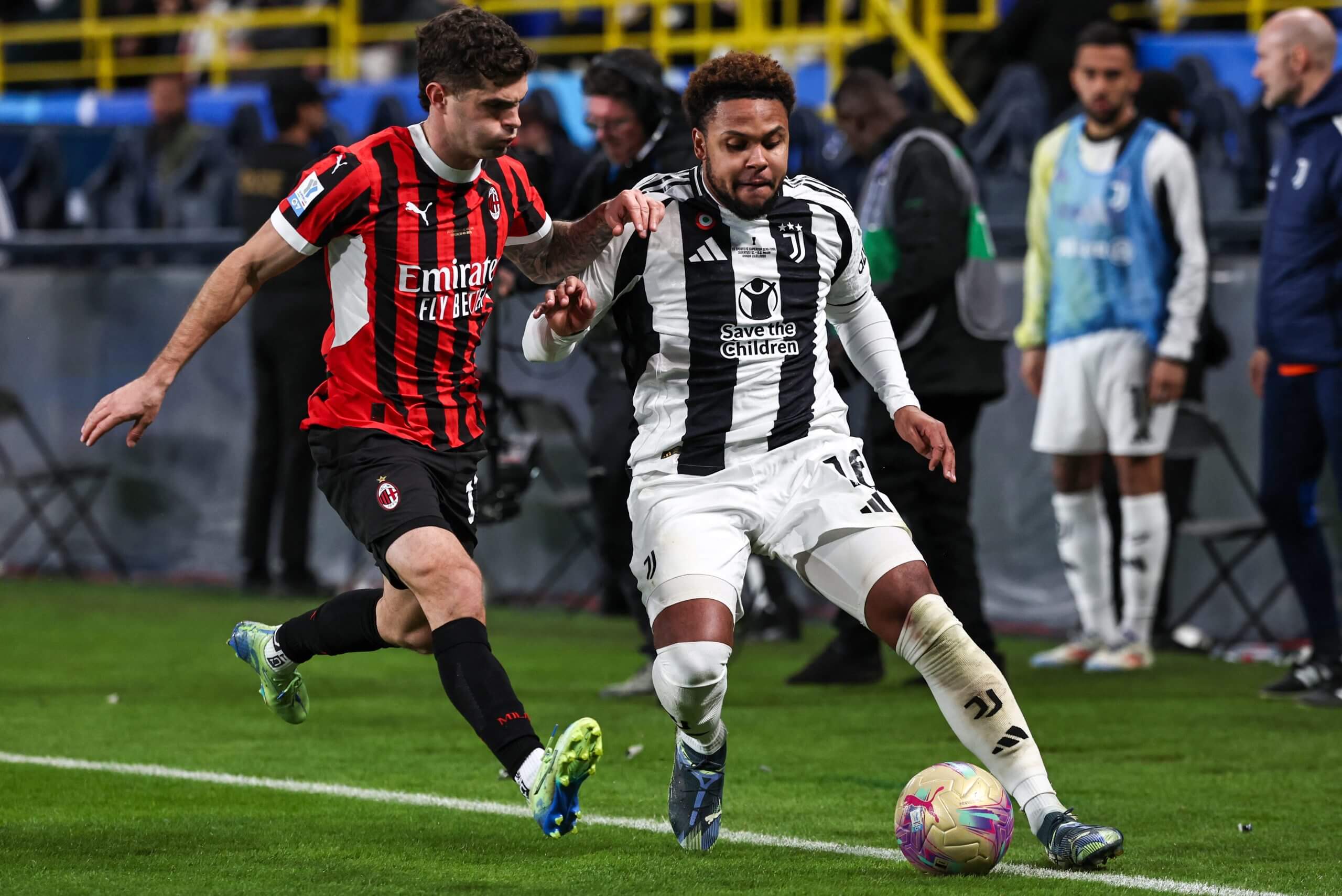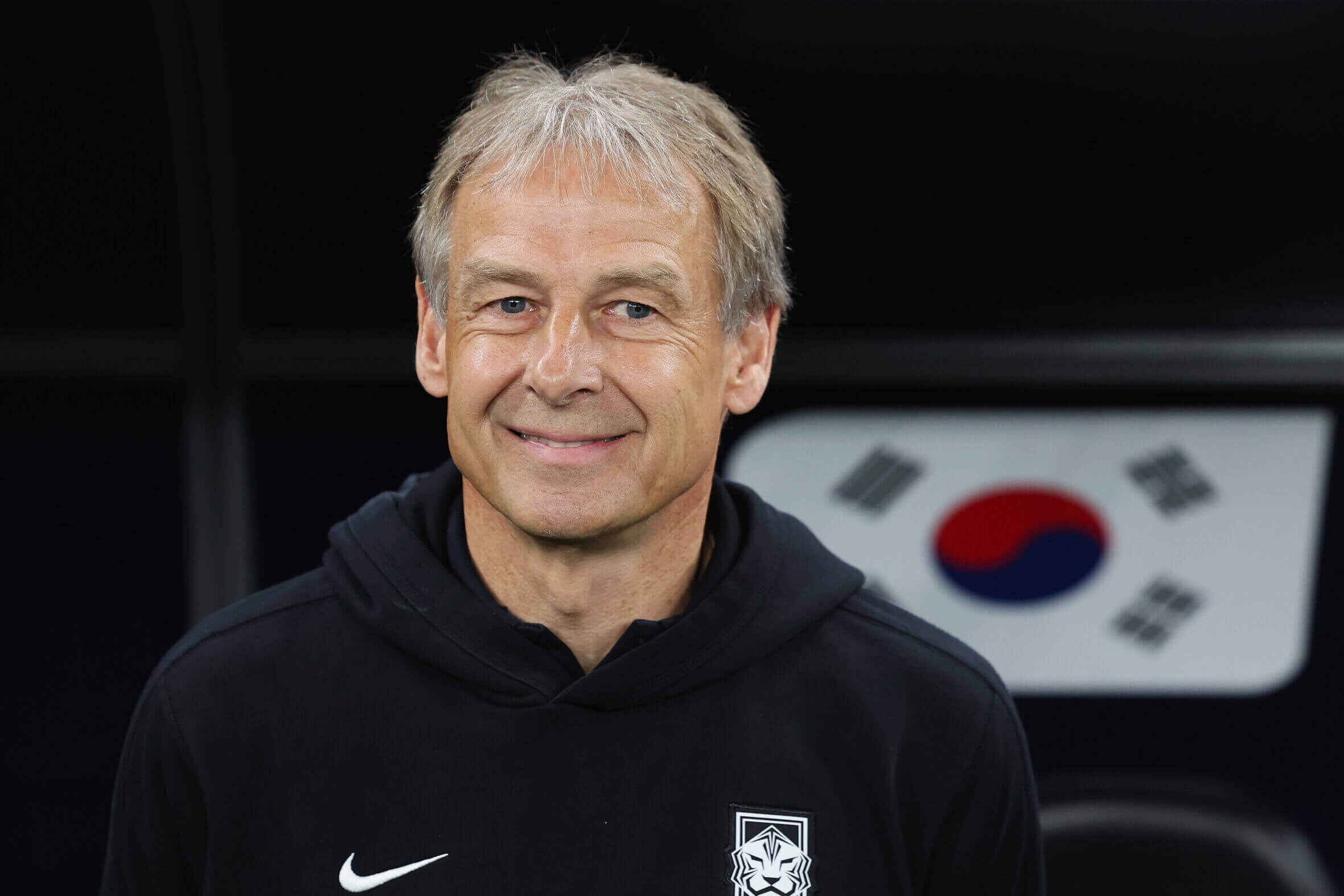The words “January camp” do not typically inspire excitement from supporters of the U.S. men’s national team. The squad’s European-based players do not attend because call-up falls outside a FIFA international window. And so traditionally, the roster consists mostly of players from Major League Soccer, or in the case of Matko Miljevic, 23, well, he’s not currently employed by a club.
For the players, of which 24 play in MLS, it’s an important opportunity to represent their country. They could care less about the noise that’s generated across comment sections and online forums that diminish MLS as a pipeline for the national team.
The reality, though, is quite simple: January camp is not a collection of the country’s best players. The squad list is domestic-based, a description that lowers the expectations, not just for the U.S. but for any country that plays an international match in January. The opponents may not garner much attention, either. Venezuela, the Americans’ foe Saturday in Fort Lauderdale, Fla., is hardly a world beater. However, with the 2026 World Cup 510 days away, January camp under new manager Mauricio Pochettino has some degree of added importance.
Pochettino admitted Friday that the timing of this national team get-together was a bit strange.
“This is the first time that I’ve heard of a camp being held outside of a FIFA match date,” he told reporters. “That could be on me because I wasn’t aware of how national teams are managed. I don’t know if the camp is important for other nations, but it’s important for the United States.”
According to Pochettino, there are players on the current squad that will face Venezuela and Costa Rica (on Wednesday) who are skilled enough to not only feature for the U.S. but match the level of American players who make a living overseas.

MLS players like Walker Zimmerman deserve respect, says Mauricio Pochettino. (John Todd / ISI Photos / Getty Images)
“Perhaps that idea has stuck that in order to compete you have to play outside of the U.S.,” Pochettino said. “There are many players here who can play abroad. Just like there are many players abroad who can play in MLS. We have to have an open mind in order to understand the talent level of the players regardless of where they play. (January camp) is important because we’ve seen players, I won’t give any names, who shouldn’t envy those players who have been in previous camps.”
Pochettino added that U.S. national team players in Europe shouldn’t get comfortable. There will always be competition for places. “Just because you play in Europe doesn’t mean you can come here and play whenever you want,” he said.
The tone from Pochettino is different, but USMNT coaches have for years defended the purpose behind the annual January call ups. Pochettino stressed the importance of simply getting to know a wider pool of players from a personal and tactical perspective. He welcomed the challenge of needing to adapt his philosophy, which prioritizes possession, to the skill set of this particular group of players. U.S. fans may roll their eyes at Pochettino’s coachspeak, but it was clear on Friday that the Argentine manager is willing to debate the virtues of the weeks-long get-together.
“We have players who are playing in leagues that aren’t as strong as MLS,” he said. “You have to argue with facts. We want to give these players the same opportunities that we’ve given those players who play abroad.”
Surprises happen, but it’s unlikely that a breakout star will emerge from this January camp. Creating additional depth is important for Pochettino. Instilling his competitive culture across as wide a group of players as possible is crucial, as well. Because at a World Cup, a player’s résumé takes a backseat to their ability to perform in a stressful tournament setting.

Serie A-based USMNT duo Weston McKennie, right, and Christian Pulisic are in fine form. (Fadel Senna / AFP via Getty Images)
Weston McKennie and Christian Pulisic may be in the best form of their careers. Ricardo Pepi may be solidifying his case to be the squad’s starting No. 9. Antonee Robinson may be the best left back in the Premier League, but when the next World Cup is staged in your backyard, resting on one’s laurels is a complacent decision. Pochettino doesn’t have even two full years to prepare for the 2026 tournament. Every opportunity to train, to evaluate film and data, are quite frankly critical for Pochettino and his staff.
Pochettino spoke on Friday about the continued growth of MLS and his responsibility to help close the gap between the U.S. and world powers like Spain and Argentina. He said that the U.S. has to be “more arrogant in our belief that we can be better.” Recent performances from the first team have not been encouraging enough, though. And so while January camp has been commonly disregarded as unimportant, Pochettino must extract something of true value.
Two wins over Venezuela and Costa Rica would not only prove his point about this group of players, but also give Pochettino two more victories as USMNT head coach. Last week, while speaking at the United Soccer Coaches Convention in Chicago, former U.S. manager Jurgen Klinsmann said that Pochettino was hired to win games and not much else.
“Now we’re leading up to the World Cup, and (Mauricio) knows that,” Klinsmann said. “He’s coming in to make us maybe go to a quarterfinal or semifinal. That’s our wish from Pochettino. He is not coming in to change the youth soccer landscape, the college system or MLS. It’s not his job, and he’s not gonna spend time on that. He will spend time gathering his players around him, figuring out who are the best players that I can bring to that World Cup, and how can I make sure that we go as far as we can.”

Jurgen Klinsmann says Mauricio Pochettino’s focus should be all about winning. (Lintao Zhang / Getty Images)
As divisive as Klinsmann is among American soccer fans and pundits, he’s not wrong. Pochettino doesn’t have the time or know-how to try to fix the sport in the U.S. He was hired to lead the national team during the program’s most important two-year stretch ever. Pochettino will not be judged by his comments about MLS or his ideas on how to better develop American players.
Performances in friendlies against top-tier national teams prior to the World Cup and the USMNT’s ability to overachieve as a host nation will fall squarely on his shoulders. That’s a heavy lift and one that Pochettino embraced when he accepted the job.
January camp may do little to elevate the pulse of U.S. supporters. And because opportunities at the international level are cursory, some of the players on this month’s squad may never play for the U.S. again. But if Pochettino was hired to win games, the expectation, regardless of the squad list, should be nothing less than that.
(Top photo: John Dorton / ISI Photos / USSF / Getty Images for USSF)
















